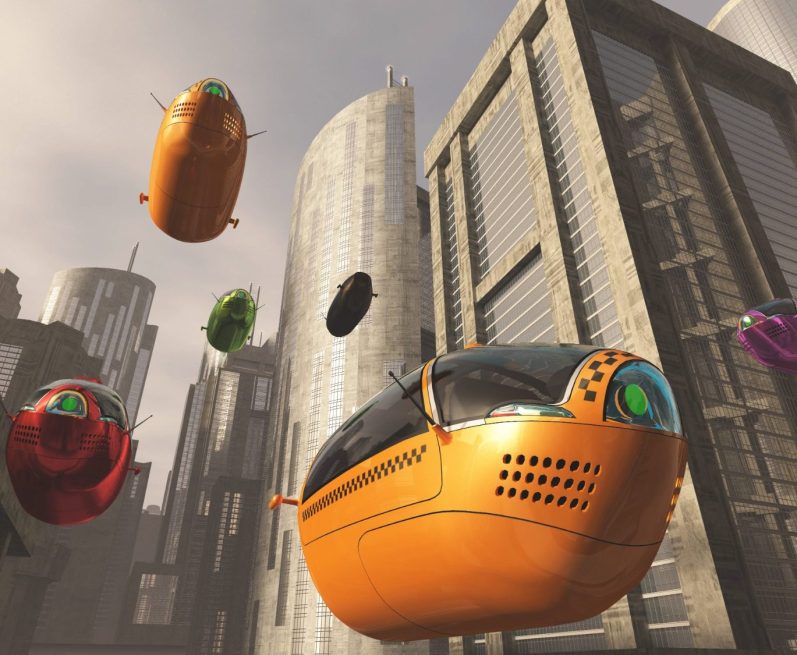
The Role of Artificial Intelligence in Aerospace Engineering
In the ever-evolving landscape of aerospace engineering, one technological force stands out – Artificial Intelligence (AI). As we propel ourselves into a future of boundless possibilities, AI emerges as the catalyst reshaping how we navigate the skies, design cutting-edge aircraft, and redefine the limits of exploration.
1. Navigating Autonomous Skies:
AI is at the forefront of ushering in the era of autonomous flight. From self-piloted drones to advanced autopilot systems in commercial planes, the integration of AI ensures safer and more efficient journeys through our skies.
2. Designing the Future:
Aerospace engineering is no longer confined to traditional methodologies. AI algorithms are now pivotal in the design phase, optimizing aerodynamics, materials, and structural integrity to create aircraft that are not just efficient but pushing the boundaries of what's possible.
3. Smart Maintenance for Safer Skies:
Ensuring the safety of flights requires meticulous maintenance. AI-driven predictive maintenance is transforming the industry. By analyzing data from sensors and historical performance, AI predicts potential issues before they become critical, minimizing downtime and enhancing overall safety.
4. Enhancing Pilot Assistance:
In the cockpit, AI is not replacing pilots but empowering them. Advanced AI systems assist pilots in decision-making, especially in complex situations. From weather analysis to route optimization, AI augments human capabilities, making air travel more reliable and secure.
5. The Data Revolution:
Aerospace has become a data-rich industry, and AI thrives on data. The colossal amounts of information generated during flights are harnessed by AI to derive insights, improving efficiency, and enabling data-driven decision-making at every level of aerospace operations.
6. Sustainable Aviation with AI:
As the world shifts towards sustainability, AI is playing a pivotal role in making aviation greener. From optimizing flight paths to developing more fuel-efficient engines, AI contributes to the industry's commitment to reducing its environmental footprint.
7. Unleashing Creativity in Exploration:
Beyond the confines of Earth, AI is contributing to space exploration. From autonomous rovers on Mars to optimizing satellite missions, AI's ability to process vast amounts of data quickly is opening new frontiers in our quest to understand the cosmos.
8. Addressing Challenges:
While AI brings remarkable advancements, it also poses challenges. Ensuring ethical use, addressing cybersecurity concerns, and navigating regulatory frameworks are critical aspects that the aerospace industry must grapple with in this AI-powered era.
In Conclusion:
Artificial Intelligence is not just a technological evolution; it's a revolution reshaping aerospace engineering. As we embrace the era of autonomous skies, data-driven decisions, and sustainable aviation, we invite you to join us in this exciting journey into the future of aerospace. Together, we're pushing the boundaries and soaring to new heights.
Jeendry Louis
CEO & FOUNDER
#AeroAIRevolution #FutureofFlight #InnovationSkybound
Engineering Design Robotics Aerospace and Systems Corporation © Copyright. All rights reserved.
We need your consent to load the translations
We use a third-party service to translate the website content that may collect data about your activity. Please review the details in the privacy policy and accept the service to view the translations.

